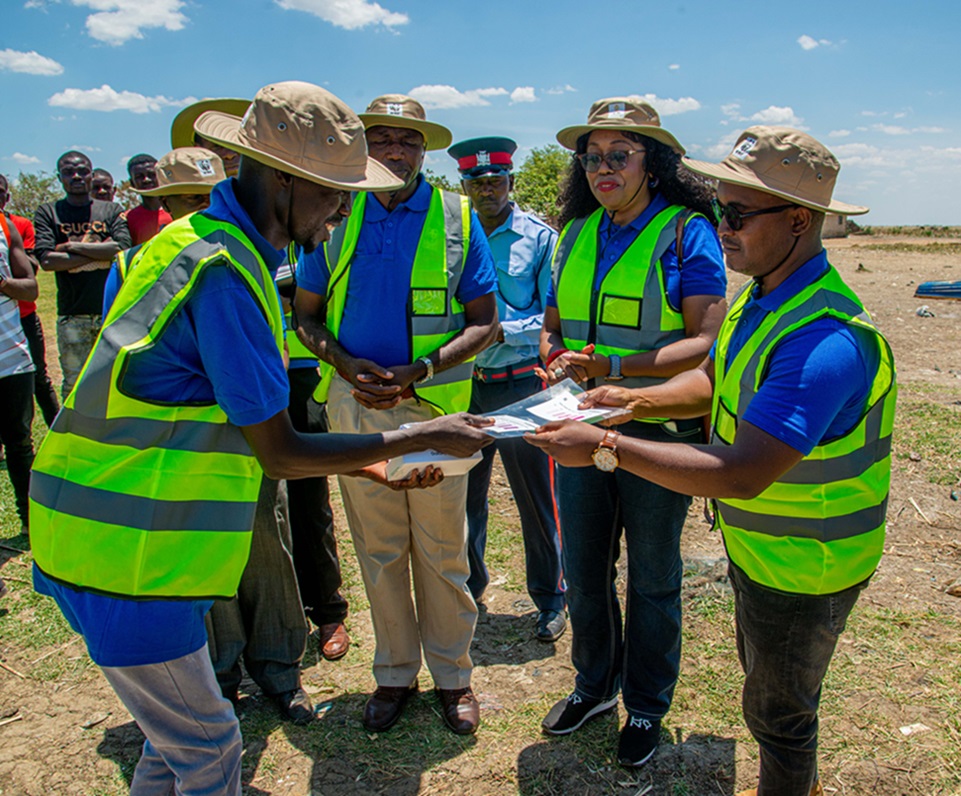Zambian Breweries and WWF Forge Alliance for Kafue Water Stewardship
Zambian Breweries, under its parent company AB InBev, has partnered with the World Wide Fund for Nature (WWF) to bolster the productivity and resilience of the Kafue lower sub-catchment.
This landmark partnership, now entering its third phase, reflects a shared dedication to environmental sustainability, water stewardship, and community well-being.
The joint initiative between the world’s largest brewing company and the largest conservation organization aims to revitalize the Magoye River, a crucial tributary of the Kafue River, while implementing measures to safeguard the entire Kafue River basin.
The long-term vision seeks to enhance both the quantity and quality of water through collective action by 2025, utilizing interventions such as research, farmer-managed natural regeneration, forestry, assisted natural regeneration, and soil and water conservation.
Mazabuka District Commissioner Oliver Mulomba, present at the handover of water testing kits to Citizen Scientists, urged local communities to actively support the regeneration and protection of the Kafue basin.
He commended WWF and Zambian Breweries for providing essential equipment that enhances the efficiency of Citizen Scientists working along the Kafue River, from Itezhi Tezhi to Kasaka.
Emphasizing community engagement, Zambian Breweries and WWF will collaborate closely with residents in the Magoye and Kafue River basin areas to raise awareness, build capacity, and empower communities to actively participate in the conservation and sustainable use of water resources.
Zambian Breweries Director Legal and Corporate Affairs, Tawanda Hojane, expressed the company’s commitment to collaborative efforts with community stakeholders, stating, “We believe that by working together, we can achieve more significant and lasting impact, whether it’s supporting local water security projects, conducting educational programs, or fostering community-led initiatives.”
The partnership also focuses on the connection between agriculture and water quality, promoting sustainable farming practices to reduce runoff and minimize the use of agrochemicals in the Kafue River catchment area.
Nachilala Nkombo, WWF Zambia Country Director, highlighted the project’s prime objectives, emphasizing its contribution to the restoration of key ecosystems like the Magoye River catchment.
Mr. Nkombo expressed hope that the project would inspire Zambia’s leadership to drive global initiatives such as the freshwater challenge, aiming to restore rivers and freshwater ecosystems globally.
Rigorous monitoring and research activities will assess the impact of restoration efforts and inform adaptive management strategies.
This collaboration sets a significant precedent for corporate-NGO partnerships in environmental conservation, showcasing a model for sustainable business practices.



